The appearance of “representatives from half the population of the world” at the BRICS Summit in Kazan this week highlighted the fact that “Russia is not isolated,” Michael Maloof, former DoD senior security policy, told Sputnik on the sidelines of the summit.
“The fact that even UN Secretary General [Antonio] Guterres is here, signifies the importance and significance that the BRICS is holding,” he noted.
“But the fact that this has happened under Mr. Putin, shows that he's very much in charge of trying to come up with an alternative world order in response to the sanctions and the hegemony of the United States and the West, to try and isolate not only Russia, but China, Iran, and also to try and bolster the developing countries,” Maloof added.
Even as the BRICS Summit in Kazan has “electrified” and “really grabbed the attention of the world,” the West apparently regards the gathering as a “threat,” he added
“The fact that the West is so critical of it, I think, demonstrates that they feel, what they probably would perceive as a threat to their position in the world,” Maloof said.
Meanwhile, we seem to be witnessing a “fragmentation” in the EU and in the NATO, sparked by Europe’s decision to cripple its own standard of living and to cut off their energy supply from Russia by supporting the Ukrainian conflict, Maloof suggested.
“Their industries are faltering. And we're probably going to have another cold winter coming here very shortly. And that's going to have an impact on Europe and its perspective on how to go forward and whether they really still want to follow the United States’ lead either, particularly in the NATO structure,” he remarked.
Could BRICS Create Its Own Currency?
Efforts by BRICS members to find an alternative to the US dollar may result in the creation of a new currency, Maloof speculated.
“If you look at the [BRICS] membership, it's mostly countries that offer tremendous resources for tangibles to back up their currencies. The dollar, on the other hand, is backed by fiat. It's really not backed by anything,” he observed.
While the United States has long been relying on “an agreement that all oil production and oil trade in the world would be in dollars,” that status quo could not last forever.
“Now, these countries are increasingly exchanging and buying oil and gas using their own currencies. And that's going to pick up over time. And this may or may not lead to an eventual BRICS currency, like the euro or the dollar itself,” he explained.

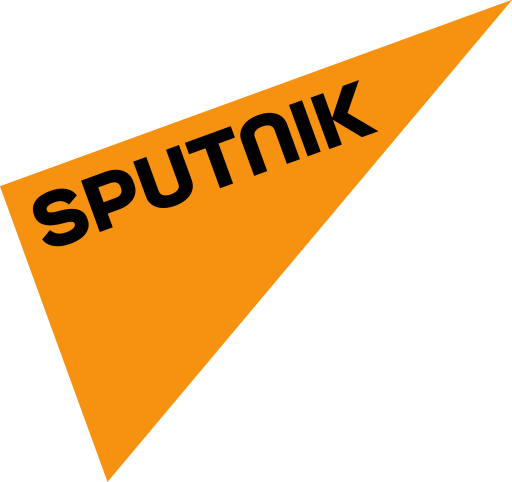 5 months ago
49
5 months ago
49
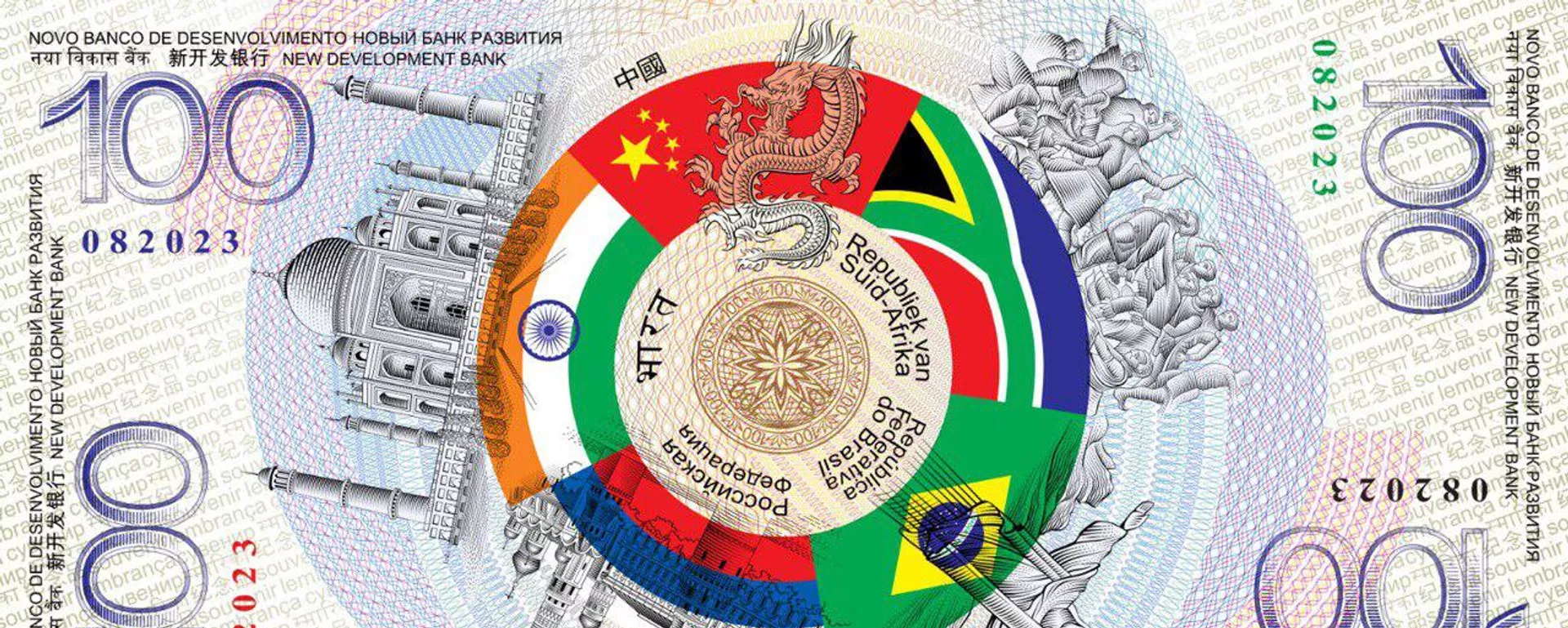
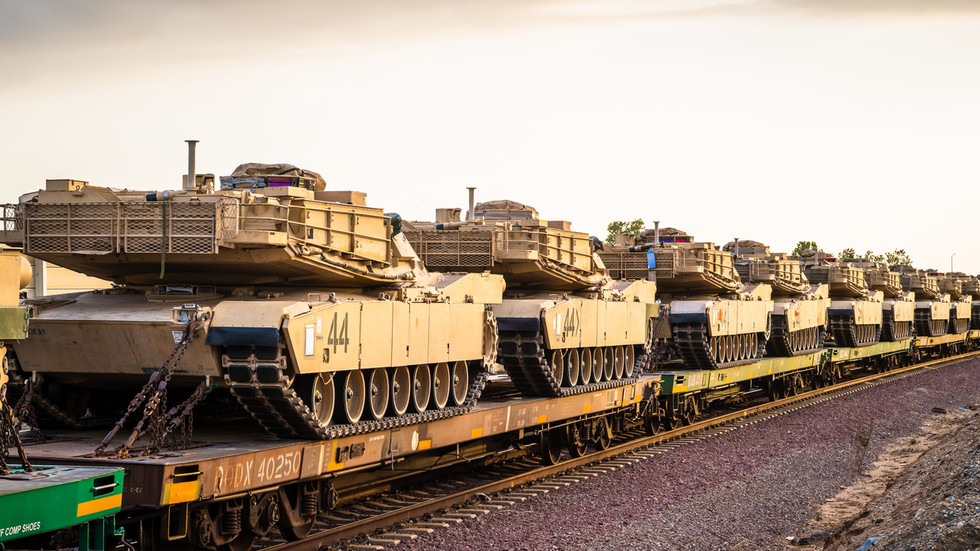
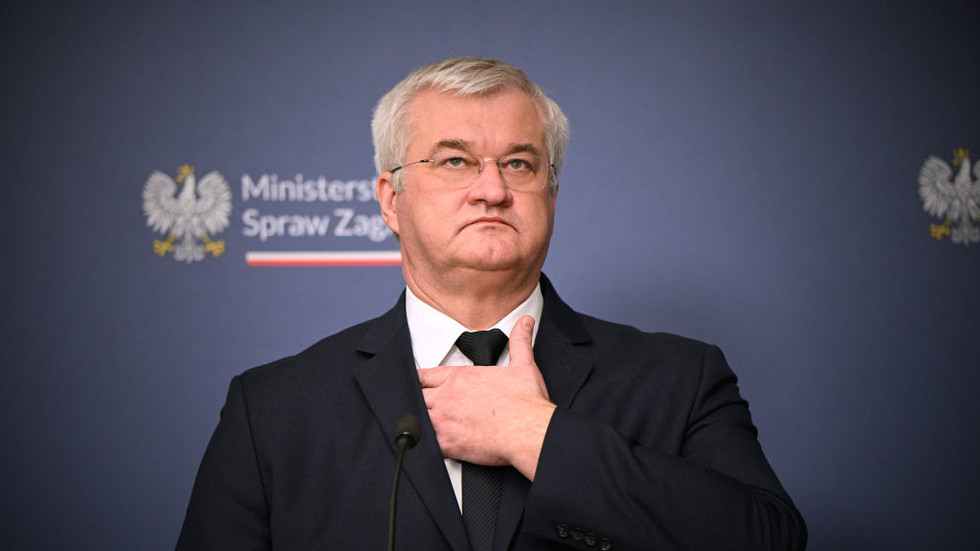
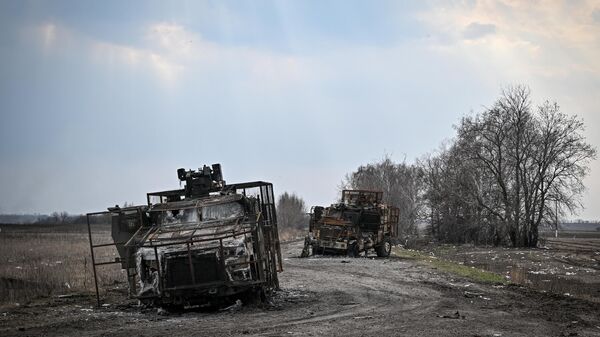

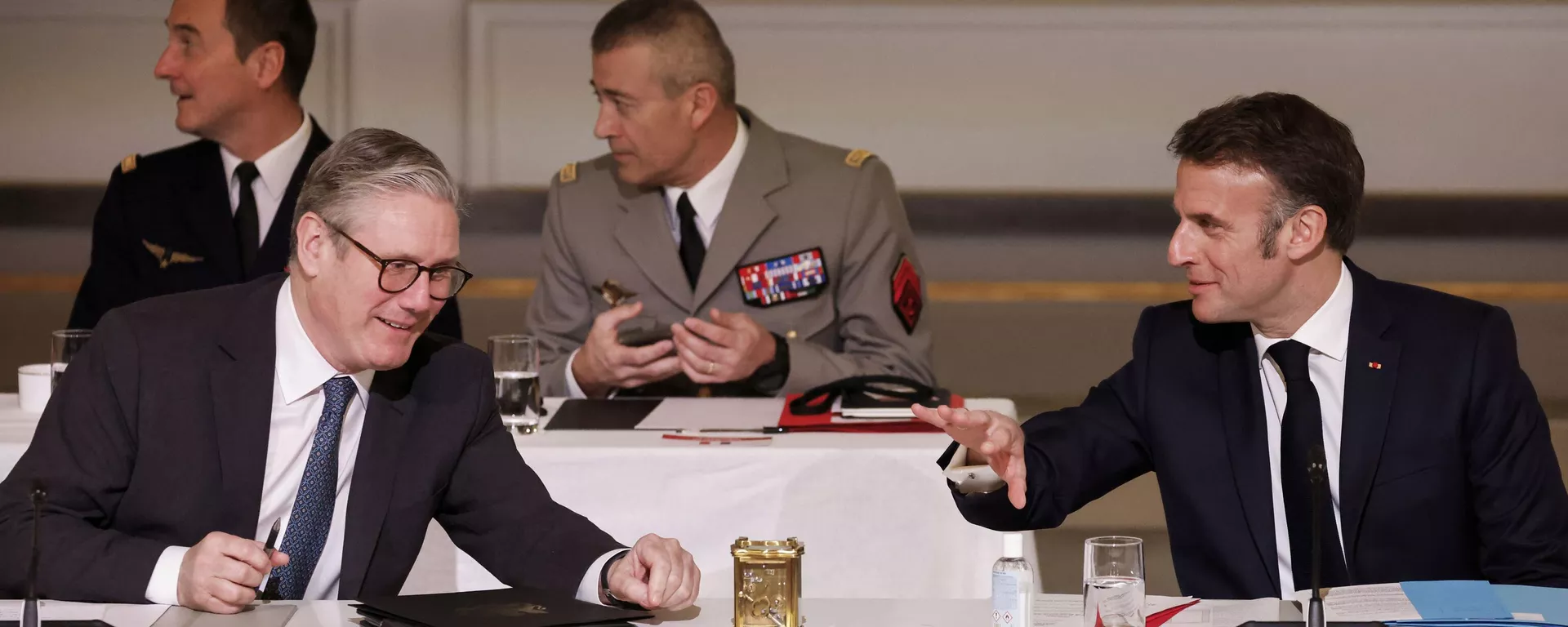
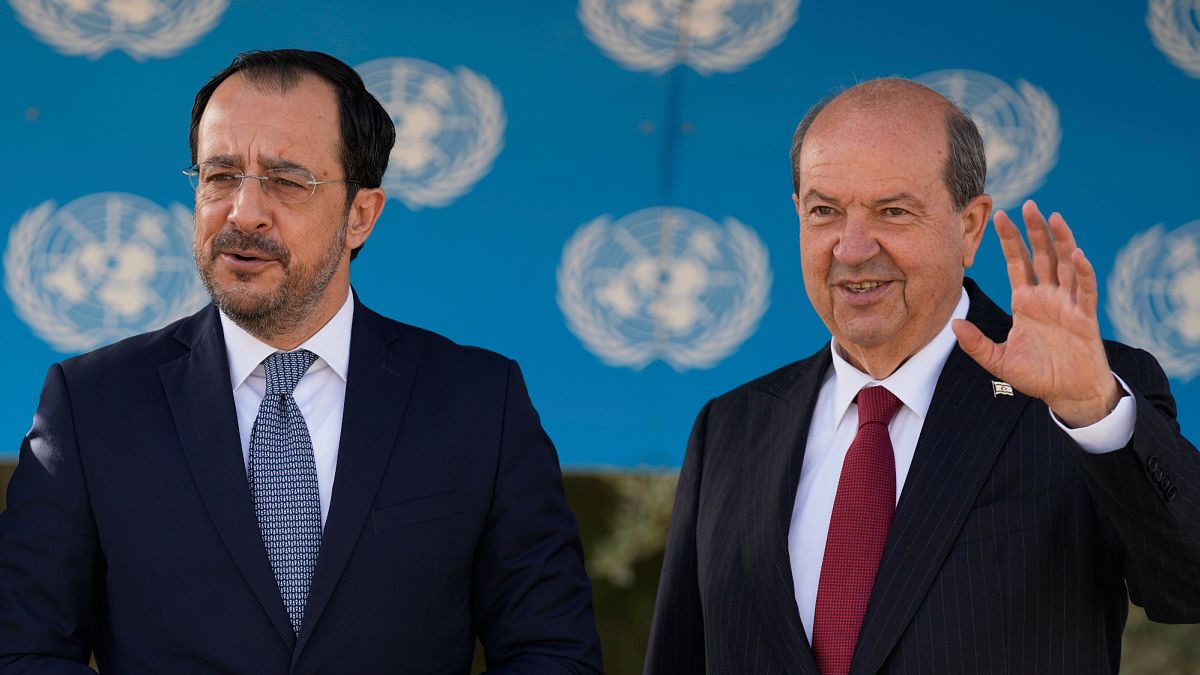
 We deliver critical software at unparalleled value and speed to help your business thrive
We deliver critical software at unparalleled value and speed to help your business thrive






 English (US) ·
English (US) ·